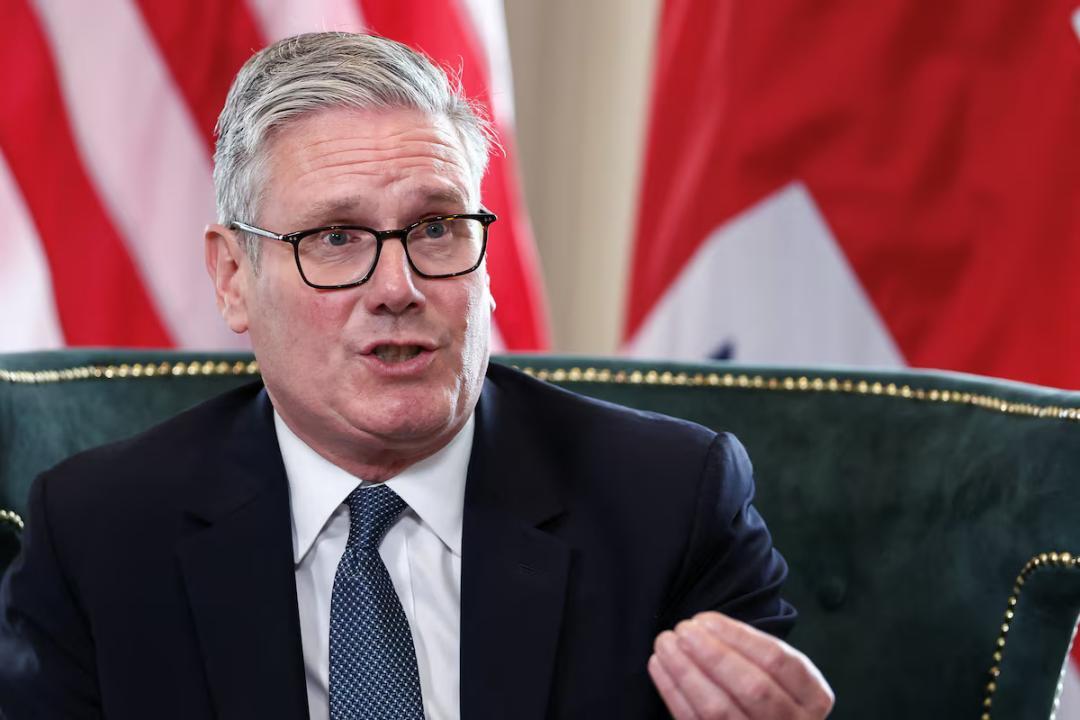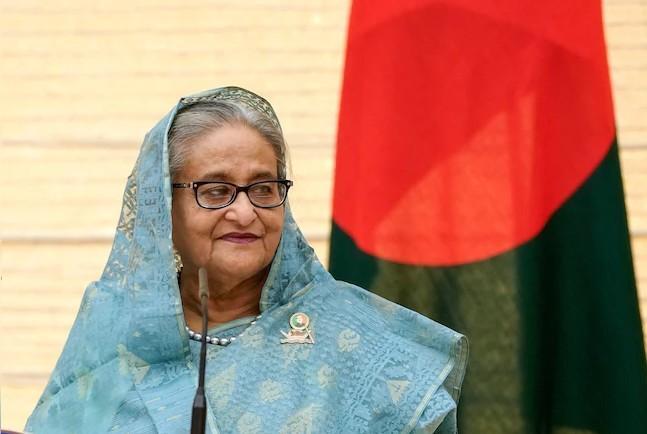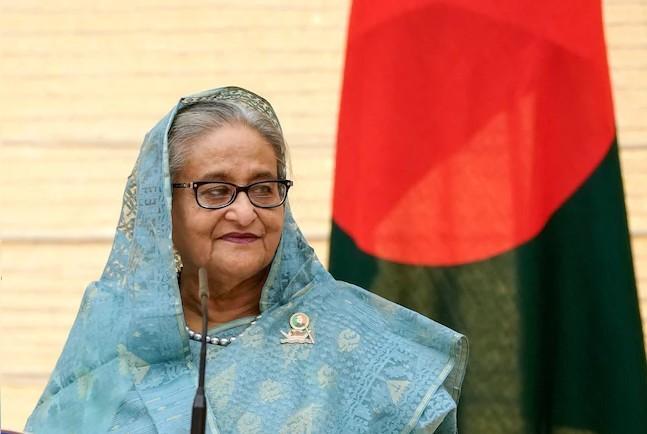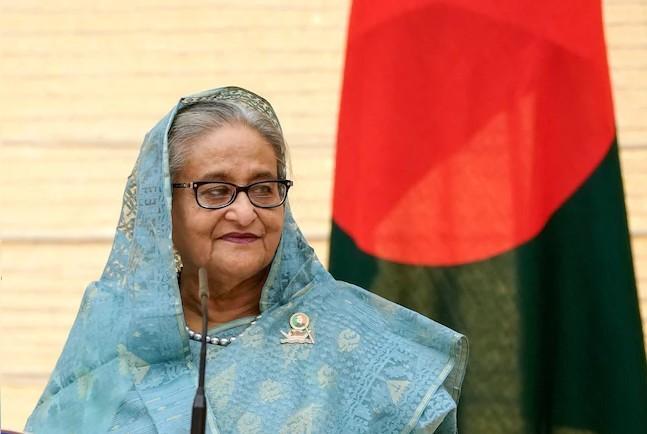
Will Recognise Palestinian State in September if Israel Doesn’t Agree to Gaza Ceasefire: UK
In a significant move, UK Prime Minister Keir Starmer has announced that his government will recognize the state of Palestine in September, ahead of the United Nations General Assembly, if Israel fails to meet certain conditions. The conditions include a ceasefire in Gaza and a commitment to long-term peace.
Starmer’s declaration comes as tensions between Israel and Palestine continue to escalate, with ongoing violence and conflict in the Gaza Strip. The UK Prime Minister has expressed deep concern over the situation, calling it “appalling” and urging the Israeli government to take immediate action to address the humanitarian crisis.
In a statement, Starmer said, “Unless the Israeli government takes substantive steps to end the appalling situation in Gaza, reaches a ceasefire, and commits to a long-term peace, we will recognise the state of Palestine in September.” The UK Prime Minister emphasized that this decision would only be made if Israel fails to meet these conditions.
The announcement has significant implications for the Middle East peace process, as the UK is one of the first major Western powers to make such a move. The recognition of a Palestinian state could pave the way for other countries to follow suit, potentially leading to increased international pressure on Israel to resolve the conflict.
The situation in Gaza has been dire for months, with widespread destruction, displacement, and loss of life. The recent violence has seen thousands of Palestinians displaced, with many more struggling to access basic necessities such as food, water, and medical care.
International human rights organizations have condemned the situation, calling for immediate action to address the humanitarian crisis. The UN High Commissioner for Human Rights, Michelle Bachelet, has urged Israel to take immediate action to protect civilians and allow for the safe delivery of humanitarian aid.
The UK’s decision to recognize a Palestinian state is seen as a significant shift in its foreign policy, as previously, the government had been cautious about taking a firm stance on the issue. However, Starmer has made it clear that the situation in Gaza has reached a critical point, and the UK is willing to take bold action to address it.
The recognition of a Palestinian state would likely be met with resistance from Israel, which has consistently opposed the idea of a Palestinian state. The Israeli government has argued that a Palestinian state would be a threat to Israel’s security and would undermine the country’s right to exist.
However, proponents of the move argue that recognition of a Palestinian state would be a significant step towards resolving the conflict and promoting peace in the region. The establishment of a Palestinian state would provide a framework for negotiations and could help to address the underlying issues driving the conflict.
The UK’s decision to recognize a Palestinian state is also seen as a blow to the US, which has been a long-time ally of Israel. The US has consistently opposed the idea of a Palestinian state, and the recognition of such a state could put pressure on the US to reassess its stance on the issue.
The news comes as the UK prepares to host the UN General Assembly in September, where the recognition of a Palestinian state is expected to be a major topic of discussion. The UK’s decision is likely to be a major talking point at the assembly, and could have significant implications for the Middle East peace process.
In conclusion, the UK’s decision to recognize a Palestinian state in September, unless Israel meets certain conditions, is a significant development in the Middle East peace process. The move is likely to be met with resistance from Israel, but could also pave the way for increased international pressure on the country to resolve the conflict.
As the situation in Gaza continues to deteriorate, the international community must come together to address the humanitarian crisis and promote a peaceful resolution to the conflict. The UK’s decision is a significant step in this direction, and could have far-reaching implications for the future of the Middle East.
Source:






